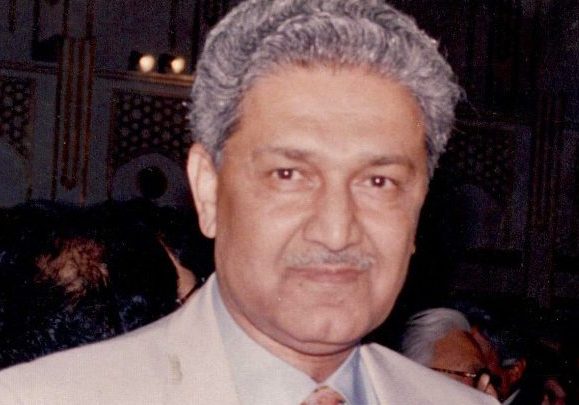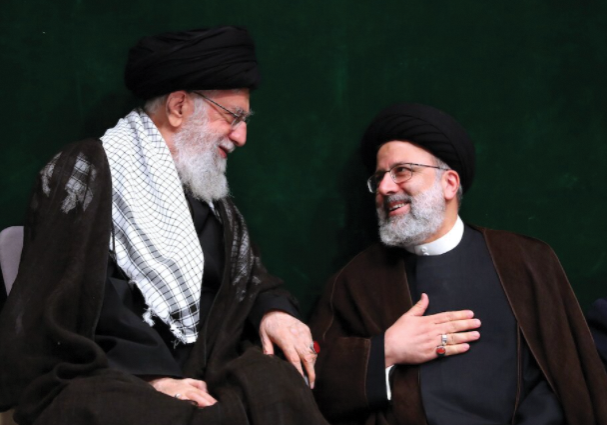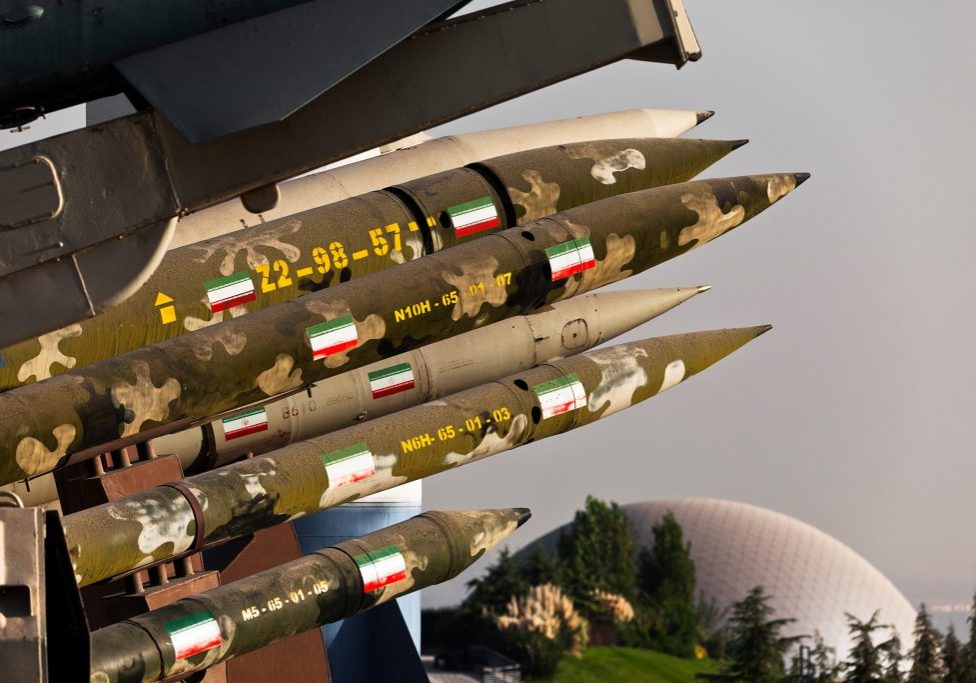Australia/Israel Review
Scribblings: UNreformable
Oct 1, 2005 | Tzvi Fleischer
UNreformable
The UN, which celebrated its 60th anniversary with a major international Summit in mid-September, embodies many of humanity’s highest aspirations, particularly the peaceful resolution of conflict, universal human rights, and humanitarian intervention. But whatever its value as a symbol, the reality is that as an organisation, the UN is very much broken.
This has long been apparent, but was again emphasised by the latest report into the Oil-for-Food scandal, released just a week before the anniversary celebrations. The report reveals direct corruption, with officials including even the head of the Oil-for-Food program, Benon Sevan, alleged to have taken kickback money from Saddam. There was also cronyism and nepotism with tendering for contracts to run the program and there was a failure of both auditing and reporting. According to the report, it was widely known in the UN bureaucracy that Saddam Hussein was using the program to gain billions through a kickback scheme involving as many 2,500 companies and through illegal smuggling. But no one from the Secretary General’s department, which ran the program, saw fit to mention anything about this problem in their regular reports to the Security Council. Instead, any irregularities were vehemently denied.
These problems of the UN bureaucracy appear to be endemic to many UN programs, and this is unlikely to change as long as UN bureaucrats are hired and promoted according to a regional quota system, rather than on merit.
But the Oil-for-Food scandal also stemmed from the larger political problems with the UN. Because the program was the result of a compromise between Security Council members, some of whom really wanted sanctions against Iraq lifted, the Oil-for-Food scheme was open to abuse from the beginning. It let Saddam pick to whom he would sell oil, and effectively let him turn the whole US$60 billion program into a way to buy influence, which he proceeded to do — he directed US$19 billion in oil to Russia, and billions more to France. France and Russia thereafter fiercely resisted efforts to look in detail at the scheme.
Such destructive compromises and self-interest masquerading as high principle litter the UN’s history.
This is why the human rights regime has become so corrupt — human rights abusers have used their influence to be elected to the UN Human Rights Commission under the regional spoils system so that they can shield themselves from criticism. The result is a body that is incapable of doing anything about some of the most serious human rights crises, such as the ongoing genocide in Darfur, Sudan (Sudan is currently a Human Rights Commission member). Instead, it devotes almost all its time to the pet hates of particular UN blocs, such as an almost obsessive focus on Israel.
Indeed, the Israel-Palestinian obsession is a good example of the way in which mutual back-scratching and narrow political self-interest without responsibility divert the UN away from its noble aims. In the 1970s a coalition of the Soviet bloc and the Islamic states (which in turn dominated the non-aligned bloc) arranged to pass a resolution equating Zionism, that is, support for the existence of the State of Israel, with racism. While this has since been repealed, they also institutionalised the delegitimation of Israel inherent in this resolution into the UN bureaucracy, and this continues to this day. The Secretary-General’s Department has a Division of Palestinian Rights which is as organisationally important as the entire Division for Asia and the Pacific. The UN also has two permanent General Assembly Committees devoted to this issue, the Committee on the Exercise of the Inalienable Rights of the Palestinian People, and the Special Committee to Investigate Israeli Practices Affecting the Human Rights of the Palestinian People – plus a Special Information Program on the Question of Palestine. Together, these elements of the UN bureaucracy whose only job is to promote the Palestinian cause, ensure that no UN conference, be it on the environment, or health or women’s rights, fails to have a series of resolutions condemning Israel. This led to such absurdities as the distribution of antisemitic material at the UN’s 2001 Durban Conference against Racism, and, more recently, the UN Development Program, in contravention of its own guidelines, paying for Gaza to be festooned with banners saying “Today Gaza. Tomorrow the West Bank and Jerusalem.”
These same issues have prevented the UN from adopting an agreed definition of terrorism. Technical experts find it fairly straightforward to create a definition of terrorism focusing on the use of deliberate attacks on civilians as a tactic, but the Islamic states are blocking any agreement at the UN, because they insist on a definition which will exclude Palestinian attacks on Israeli civilians.
The UN performs a variety of good works in the areas of poverty, disaster relief and health, and some of its peacekeeping operations are effective. But as an organisation, it does little to advance its core mission of promoting world peace, and advancing international human rights, and it has been ineffective in the greatest humanitarian tragedies, such as Bosnia, Rwanda, and Darfur.
Moreover, the same bureaucratic, political and structural problems that are stopping the UN from achieving the objectives for which it was designed are also preventing effective and serious reforms, as was shown in the watered down and ineffective reform program adopted at the UN Summit. This lowest common denominator compromise version of an already inadequate proposal does not define terror, does nothing to ensure that human rights abusers are not placed in charge of human rights, all but ignores the issue of Security Council reform, and does little about the out of control bureaucracy.
Prime Minister John Howard was correct when he told the UN Summit on Sept. 18 that: “We should not think that the United Nations can solve all the world’s problems, nor that it should attempt to do so…The nation state remains the focus of legitimate action for order and justice in our world. As nation states, our collective challenge and responsibility is to identify those things that the UN can do and ensure that it is fully equipped to do them.” But he and other world leaders must recognise that the UN will never be equipped to fulfill its mission until there is much more fundamental reform than anything yet proposed. And the first step is to recognise clear-sightedly how dysfunctional the UN has become.
Colin Rubenstein
Tags: International Security






